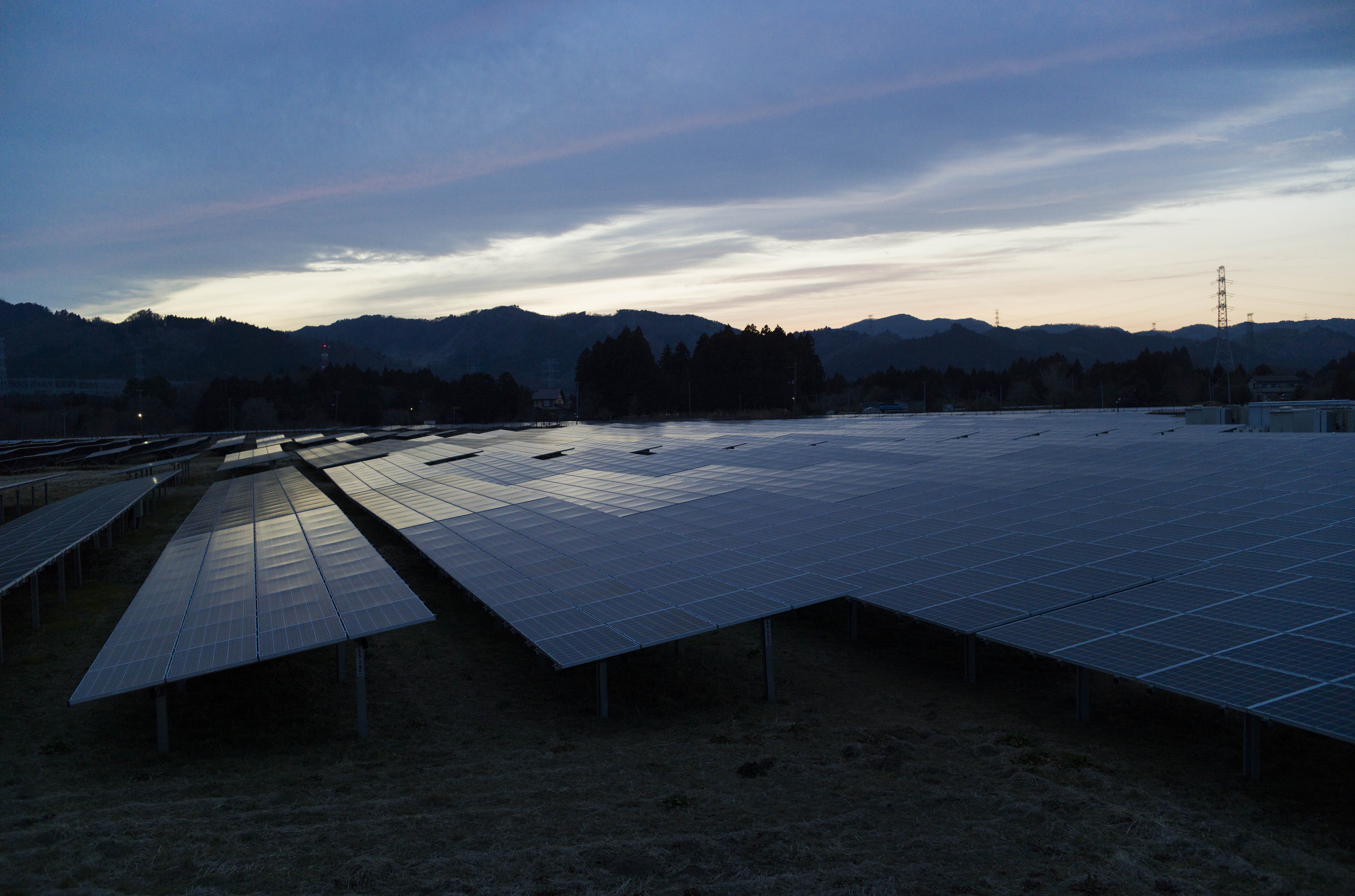
TOKYO - Japan wants renewable energy to account for up to 50 percent of its electricity mix by fiscal year 2040 with nuclear power taking up another 20 percent, according to a draft of its revised basic energy policy, as it makes a clean energy push while meeting rising power demand.
As the world's second-largest importer of liquefied natural gas and a major consumer of Middle Eastern oil, Japan and its basic energy plans are drawing global attention from oil, gas and coal producers.
ALSO READ: Tokyo rally demands end to toxic water discharge
Thermal power usage, particularly from inefficient coal-fired power plants, is set to decrease to between 30 percent and 40 percent by 2040 from 68.6 percent in 2023, although the draft energy policy does not specify the breakdown of coal, gas and oil.
"It is necessary to utilise LNG-fired power as a realistic means of transition, and the government and the private sector must jointly secure the necessary long-term LNG contracts in preparation for risks such as price hikes and supply disruptions," the draft said.
The industry ministry's policy draft unveiled on Tuesday proposes increasing renewables to between 40 percent and 50 percent of power supplies in the 2040 fiscal year, roughly doubling the 22.9 percent share in the 2023 fiscal year and exceeding the 2030 target of between 36 percent and 38 percent.
READ MORE: China, Japan seek more collaboration in energy, environmental protection
Japan's 2040 nuclear power target is in line with the 2030 target of between 20 percent and 22 percent, despite the challenges faced by the industry after the 2011 Fukushima disaster. Nuclear power accounted for 8.5 percent of the country's power supply in 2023.
The new energy plan removes the previous target of "reducing reliance on nuclear power as much as possible" and includes plans to build innovative next-generation reactors at nuclear power sites owned by operators who have decided to decommission existing reactors.
While the previous energy plan's primary focus was on decarbonisation, heightened geopolitical risks, including the Russia-Ukraine war, have shifted greater attention to energy security.
The 2040 forecasts assume an increase in electricity demand of between 12 percent and 22 percent from 2023 levels. All targets are provisional.
ALSO READ: In Japan, energy security fears put nuclear back in favor for 2040 plan
Although the existing energy plan to 2030 aims for new fuels such as hydrogen and ammonia to comprise about 1 percent of the electricity mix, the updated plan omits specific targets for these fuels.
A joint meeting of the industry and environment ministries last month unveiled a draft strategy that calls for a 60 percent cut in greenhouse gas emissions by 2035 and a 73 percent cut by 2040 as a "linear pathway" to net zero by 2050.
A finalised version of the plan will be submitted to the United Nations in February.


